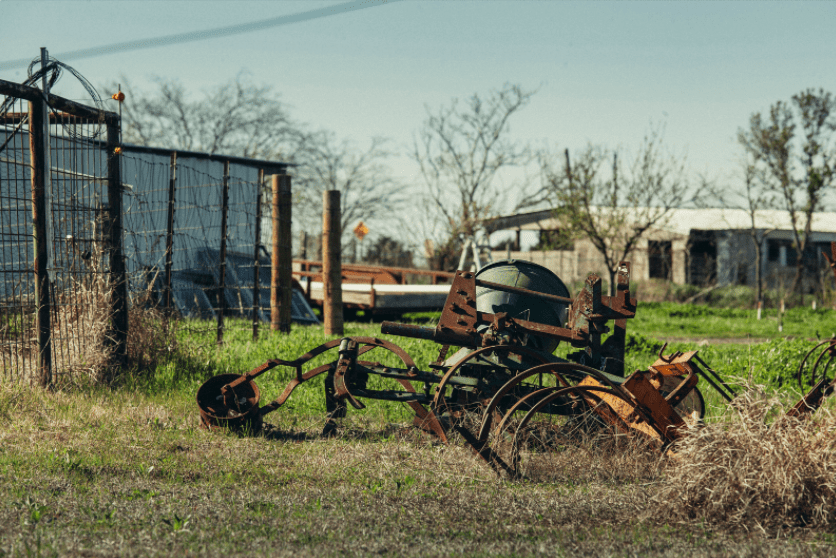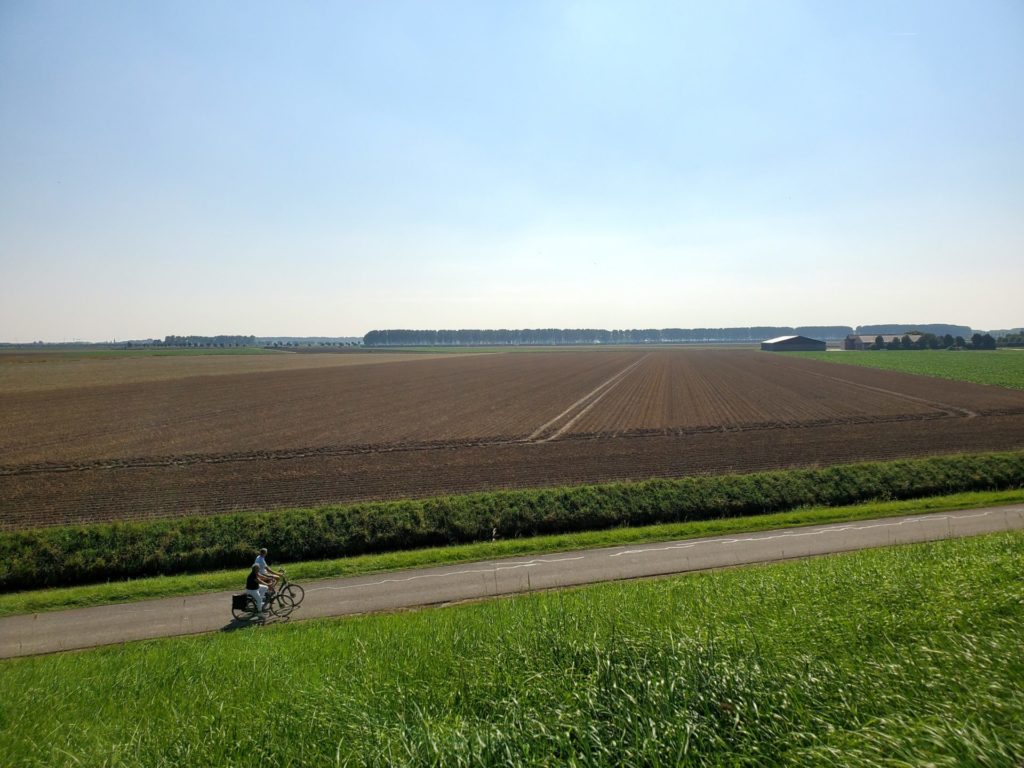The European Commission presented on Wednesday a range of short-term and medium-term actions to enhance global food security and support farmers and consumers in the EU in light of rising food prices and input costs, such as energy and fertilisers.
That surge in global commodity prices has been further accelerated by Russia's invasion of Ukraine, and the Commission says this highlights the need for EU agriculture and food supply chains to become more resilient and sustainable.
While food availability is currently not at stake in the EU due to self-sufficiency for many agricultural staples, other parts of the world – and Ukraine in particular – are at risk of losing access to needed imports.
When it comes to food & war in Ukraine, now is the time for 🇪🇺 to show solidarity, helping:
📌Ukraine, its people & farmers 📌vulnerable nations that face high food prices and potential shortages EU will support 🇺🇦 people by securing access to basic goods - notably food 🧵 pic.twitter.com/jUAeMy4CXd — Valdis Dombrovskis (@VDombrovskis) March 23, 2022
“Russia's war against Ukraine has created a multitude of problems including in relation to global food security,” said Commission Executive Vice-President Valdis Dombrovskis.
“When it comes to food, now is the time for Europe to show its solidarity: to help Ukraine, its people and farmers, as well as vulnerable food-importing countries around the world that face surging prices and potential shortages.”
Strengthening food security for Ukraine and other countries
To that end, the Commission says it is supporting Ukraine in developing and implementing a short and medium term food security strategy to ensure that inputs reach farms where possible, and that transportation and storage facilities are maintained to enable Ukraine to feed its citizens and eventually regain its export markets.
Food security in Ukraine is of great concern, the Commission says, as Russia seemingly deliberately targets and destroys food storage locations.
“We will not let Ukraine stand alone in the face of Russian aggression. Our first priority is to make sure that Ukrainians have enough food, fuel and water,” said Agriculture Commissioner Janusz Wojciechowski.
During the meeting we agreed that in order to further strengthen #FoodSecurity, we also need to strengthen our farmers' economic viability and strengthen our economic models for the future CAP. https://t.co/Ynnn0LJh0u
— Janusz Wojciechowski (@jwojc) March 24, 2022
“We will also help them to continue planting and growing cereals and oilseeds, much needed for themselves and for the world and facilitate their exports. The EU is an agricultural superpower and we will ensure that our farmers have the Commission's full support to respond to the global needs for food.”
Help for EU farmers
An EU Emergency Support Programme of €330 million for Ukraine will help secure access to basic goods and services, as well as the protection of the population.
But while Europe is largely self-sufficient for many agricultural products, the sector is also a net importer of specific products such as feed protein. “This vulnerability, together with high input costs, such as fertilisers and fossil energy, is causing production challenges for farmers and risks driving up food prices,” the Commission says.

Photo from Canva
While many of the measures discussed and arranged on Wednesday are targeted at assisting Ukraine and other food-insecure countries, there are also plans for helping EU farmers.
“We need to avoid any export restrictions to keep a lid on food prices,” Dombrovskis said.
“While the EU itself does not face a food security risk, we should still address food affordability issues and take steps to make our agriculture and food supply chains more resilient and sustainable to cope with future crises.”
Specific measures for Member States
Specifically, the Commission will engage in eight coalitions aimed at food system transformation, resilience and sustainable productivity growth.
Measures include mapping risks and vulnerabilities of the EU food supply chain, guidance for Member States to implement reduced VATs and disbursement of funds such as the Fund for European Aid to the Most Deprived (FEAD).
There is also a support package of €500 million, which includes funds from the crisis reserve, to support the producers most affected by the serious consequences of the war in Ukraine.
Related News
- Supermarkets faced with shortages and sharp price increases
- Task force to monitor impact of Ukraine war on Belgian agriculture
Member States can use this funding to provide additional financial support to farmers to contribute to global food security, or address market disturbances due to increased input costs or trade restrictions.
There are also market safety-net measures aimed specifically at supporting the pig sector, which has been especially struggling.
Other measures involve, among other things, specific temporary flexibilities on import requirements and a new, self-standing Temporary Crisis Framework that also covers farmers, fertiliser producers and the fisheries sector.

